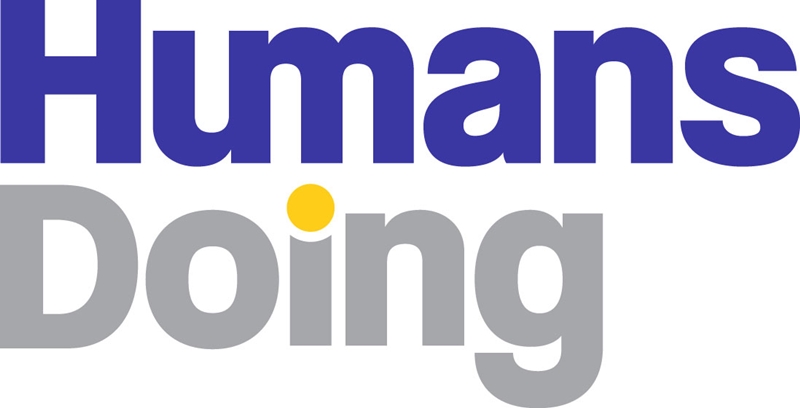There’s good, bad, ugly, and everything in between when it comes to most things. Recruiting is no exception. From corporate recruiters to external agencies to executive search recruiters, you’ll find some are better than others.
 When companies find themselves short staffed and scrambling to meet the demands of their customers, they’ll feel the pressure to rapidly recruit new staff using any means they can. “Any port in a storm” may be great advice if you’re literally a boat, but it’s not a good approach to working with recruiters or building a team.
When companies find themselves short staffed and scrambling to meet the demands of their customers, they’ll feel the pressure to rapidly recruit new staff using any means they can. “Any port in a storm” may be great advice if you’re literally a boat, but it’s not a good approach to working with recruiters or building a team.
In the rush to fill painfully empty positions, it’s not enough to just have someone throwing out online job listings and shoving warm bodies at hiring managers. Not only will that waste their time, but it’s an unpleasant experience for candidates, hiring managers, and other employees. This approach can come with a much higher than expected cost and will affect your employer brand negatively BOTH internally AND externally.
If you find that the right candidates aren’t responding to job postings, not completing the hiring process, or saying no to opportunities, it may be worth examining the recruiter. What are they doing that could be unintentionally sabotaging your efforts?
What are 5 Recruiting Red Flags that companies should watch out for?
- Not knowing their client. The messaging recruiters convey to candidates must be enticing and in alignment with the company’s expectations and needs. If they say one thing and the hiring manager says another, it’s a signal to candidates that your company may have communication or culture issues.
Of course, they aren’t expected to know the answer to every question a candidate may have. Good recruiters will admit when they don’t know something and will offer to find the answer as quickly as possible. Do your recruiters understand enough about your company to have a compelling conversation with high quality candidates? - Not understanding the job. Related to knowing their clients, a recruiter should also have a deep comprehension of the positions they’re trying to fill. Ideally, they need to understand and be able to convey the value of the opportunities and growth potential. Candidates need to know why that particular job is a great offer for them. Are your recruiters asking the right questions to help them understand the role? If not, what are they telling candidates?
-
 Not communicating effectively. If recruiters aren’t returning calls or providing honest feedback about the process, they may be too busy or aren’t invested in the company’s success. If they aren’t doing this with you, they likely aren’t communicating well with candidates either. Is the recruiter diligent about follow up and follow through? Have they set up at least a weekly touch point with hiring managers to make sure things are getting done and keeping you informed? If not, what does that tell you about the importance of filling your roles to them?
Not communicating effectively. If recruiters aren’t returning calls or providing honest feedback about the process, they may be too busy or aren’t invested in the company’s success. If they aren’t doing this with you, they likely aren’t communicating well with candidates either. Is the recruiter diligent about follow up and follow through? Have they set up at least a weekly touch point with hiring managers to make sure things are getting done and keeping you informed? If not, what does that tell you about the importance of filling your roles to them? - Not getting excited about candidates. Of course not every candidate will be worth getting excited over, but they should be able to find a few people worth being enthusiastic about. If it’s difficult for them to understand and articulate why a candidate would be a great match for your role and company, the recruiter may not be spending the time needed to qualify and get to know them. Just using keywords from resumes or matching X number of years of experience doing Y isn’t going to net you the best results and will likely miss some great candidates.
- Not actively seeking candidates. If your recruiters are only focused on posting jobs and waiting for candidates to apply to that listing they may be overloaded, under-resourced, unsupported, lazy, apathetic, or a mix of those issues. The inbound only approach puts your company in the MOST competitive situation for candidates as they are typically applying to 50 other jobs and will barely remember your’s.
Good recruiters will seek out and actively engage candidates that are not necessarily looking for a new job. They’ll be able to make the case for why your role would be compelling for them. You’ll typically have higher placement and retention rates with passive candidates and they’ll be more likely to have the actual skills you need.
Waving one or more of these red flags doesn’t necessarily mean you’re working with a bad recruiter. They may be overwhelmingly busy, inexperienced, improperly incentivized, or struggling through a lousy process. Opening communication to identify and resolve these potential issues quickly could save you, your hiring managers, team, and recruiters a ton of headaches and money.
 If you want to ensure your recruiter is not only excited about partnering with you, but can get candidates excited about working with you, then let’s schedule some time to talk more about how Humans Doing ensures this happens for our clients. We’d love to help you breathe easier as you build your team.
If you want to ensure your recruiter is not only excited about partnering with you, but can get candidates excited about working with you, then let’s schedule some time to talk more about how Humans Doing ensures this happens for our clients. We’d love to help you breathe easier as you build your team.

Humans Doing is an expert team of highly skilled recruiters specializing in filling critical tech and leadership positions for growing companies. Our greatest measure of success is the success of our clients and the candidates we place with them. We help people make great hiring and career decisions. Our team is ready to partner with you to find the right people for the right roles.